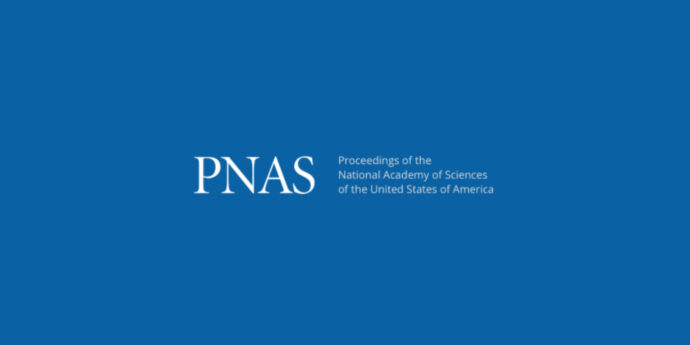Researchers sometimes make a distinction between misinformation and disinformation, which is false, misleading, or inaccurate information that is spread intentionally. Regardless of whether it is spread accidentally or deliberately, misleading information can lead otherwise rational people to adopt beliefs that are not supported by evidence. The internet and social media have greatly accelerated the rate at which misinformation spreads. The consequences of misinformation for society have become apparent in recent years. Public health efforts to contain the COVID-19 pandemic have been undermined by unsupported medical claims. Disinformation campaigns have cast doubt on the legitimacy of democratic elections. Misinformation poses a particular challenge to public understanding of science. In this podcast, we will hear from researchers in the fields of sociology, communications, and psychology about how misinformation spreads and what can be done to mitigate its effects.
Ethan Porter is a political scientist at George Washington University in Washington, DC, and the author of a recent article in PNAS on the efficacy of fact checks. Porter explains his findings.


